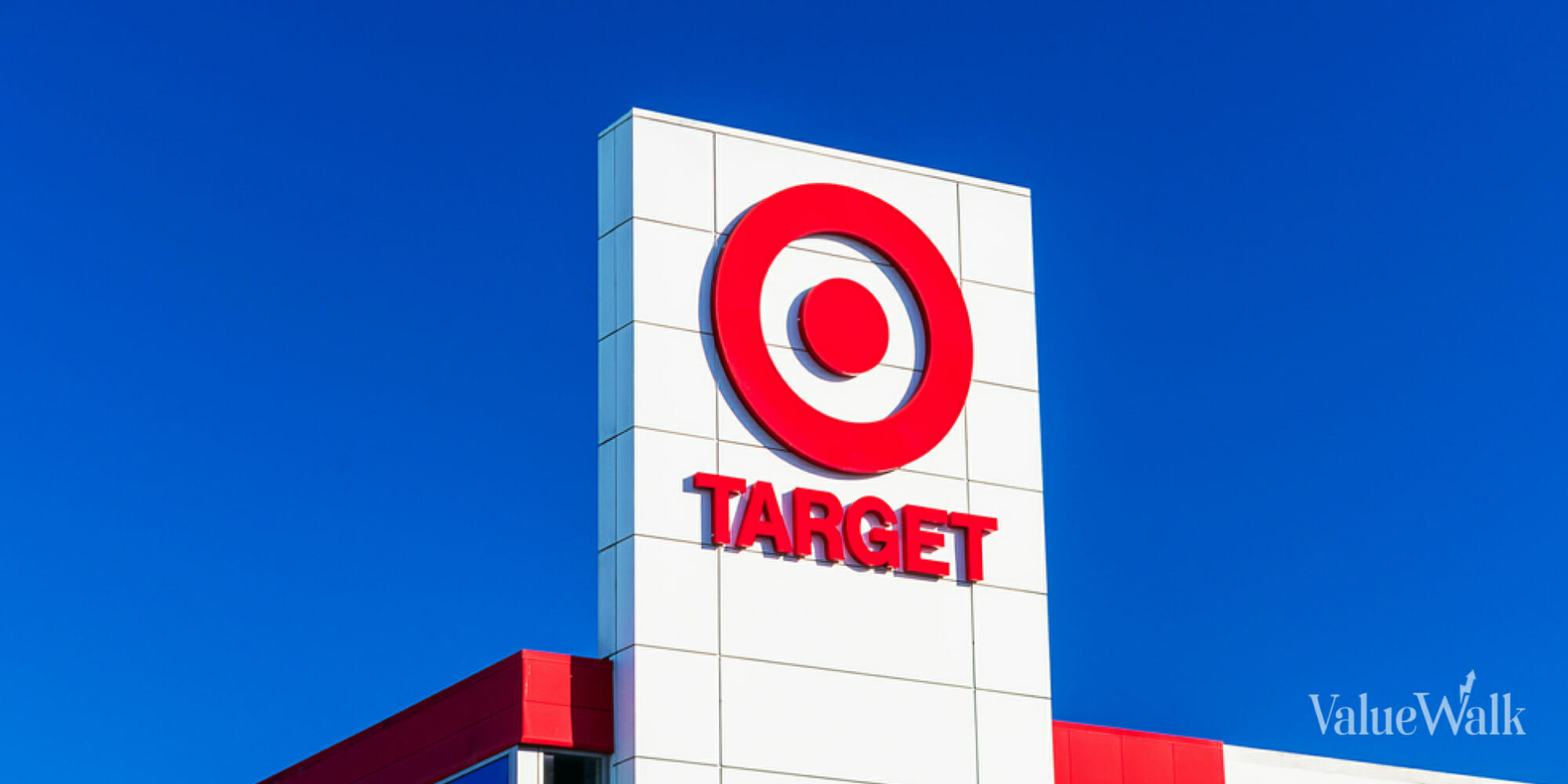Last week was a bad one for technology stocks and the markets in general, but it was a pretty good one for value stocks. The markets have been surging for almost a year and a half, and the valuations of growth and technology stocks have soared higher along the way.
The price-to-earnings ratio of the S&P 500 has climbed over 22, up from 18 a year ago, while the 10-year inflation-adjusted Shiller P/E ratio is up to 33, higher than the average, which indicates a market that is overvalued.
This may create an opportunity for value stocks, as we saw last week. In fact, the best-performing stocks on the S&P 500 last week were value stocks: namely, United Airlines (NASDAQ:UAL), Globe Life (NYSE:GL) and Paramount Global (NASDAQ:PARA).
A good week for United
While the Shiller P/E ratio was even higher in March, at 34, it is still hovering at an above-average level of 33. When you consider that the all-time mean for the Shiller P/E ratio is 17, it’s clear that 33 is high. While the 17 reading is skewed somewhat by lower ratios in the last century, it has been in the mid-20s on average since the dotcom bubble burst in 1999. For perspective, the Shiller P/E ratio was 28 in April 2023 and 38 in October 2021 — just before the tech bubble burst.
Investors should certainly be looking at valuations right now, particularly with stocks like NVIDIA, which has been on fire for more than a year now. While NVIDIA has massive earnings power, it is currently trading at around 64 times earnings, which is on the high side. For perspective, the average P/E of the Nasdaq 100 is about 30 right now.
Investors sought out good values last week, including United Airlines, which rose about 27% last week to around $52 per share. United Airlines posted strong fiscal first-quarter earnings that beat earnings expectations.
United saw a 10% increase in revenue in the quarter to $12.5 billion, while its net loss of $124 million was lower than anticipated. It also posted better-than-expected earnings guidance for the second quarter and full year.
United predicts adjusted EPS of $3.75 to $4.25 in Q2 and $9 to $11 per share for the full year, topping analyst estimates. It also lowered its capital expenditures for fiscal 2024 to $6.5 billion from $9 billion, in part due to the fact that it slashed its aircraft deliveries to 61 — from the earlier estimate of 101. This is due to expected manufacturing delays from Boeing.
United is trading at just six times earnings, so it is dirt cheap.
Globe Life and Paramount also rise
The second-best performer last week was insurance company Globe Life, which gained 25%. The catalyst for Globe Life appeared to be a statement it released refuting allegations made by short-seller Fuzzy Panda Research. The firm raised concerns about Globe Life’s business, leadership and legal issues.
Globe Life management called the short-seller’s claims “wildly misleading, mixing anonymous allegations with recycled points pushed by plaintiff law firms to coerce Globe Life into settlements … We intend to more fully rebut these allegations in the near future.”
Globe Life is set to report its first-quarter earnings results today after the market closes, so look for more information on this issue, its earnings and its outlook then. Globe Life is also trading at six times earnings.
The third-best stock last week was Paramount Global, which gained 12.5%. Paramount is extremely cheap with a price-to-book ratio of 0.36 and a P/E-to-growth ratio of 0.25.
However, the catalyst for Paramount was reports that Apollo Global Management and Sony Pictures are in talks to make a joint offer to buy Paramount. Currently, Paramount is in merger talks with Skydance Media, so it appears investors prefer a Apollo/Sony bid, given the price surge on the news.
Investors should tread cautiously with the struggling Paramount stock, given the uncertainty surrounding its future.
Disclaimer: All investments involve risk. In no way should this article be taken as investment advice or constitute responsibility for investment gains or losses. The information in this report should not be relied upon for investment decisions. All investors must conduct their own due diligence and consult their own investment advisors in making trading decisions.





